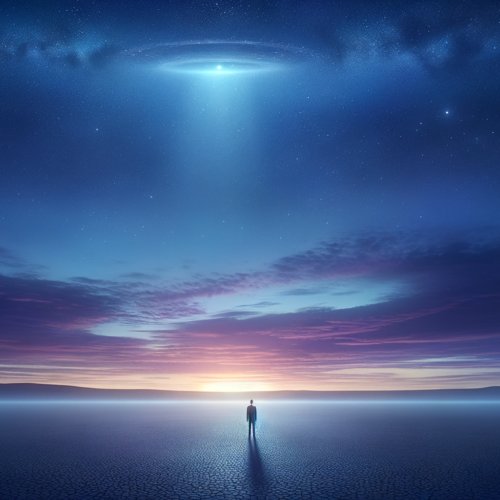A Cosmic Glitch: The Earliest Summer Solstice in Over Two Centuries
- The 2024 summer solstice, occurring on June 20, marks the earliest solstice since the times of George Washington and Jane Austen due to a calendar quirk.
- The solstice, synonymous with the longest daylight period, signifies the astronomical start of summer and has been celebrated by humans for millennia.
- A unique leap year calculation causes this year’s solstice to arrive about 45 minutes earlier than previous years, a trend that will continue until 2096.
When Earth Winks at the Sun: Understanding the 2024 Summer Solstice
The summer solstice is an astronomical phenomenon that occurs when our planet tilts maximally towards the sun, showering the northern hemisphere with the longest period of daylight in the year. This year, that celestial wink will happen on June 20 at precisely 4:54 p.m. ET, making it the earliest solstice we’ve seen in over two centuries.
The Significance of Solstice
Despite every day being technically the same length, the summer solstice brings with it the most daylight hours, especially the further north you go. Imagine experiencing continuous daylight, a phenomenon known as the midnight sun, where night seems to take a brief holiday. Following this peak of sunlight, the days will gradually shorten until the winter solstice, the shortest day of the year, signaling the start of astronomical winter.
Celebrating the Sun’s Prowess
The solstice isn’t just an astronomical event; it’s a cultural phenomenon that has been celebrated since ancient times. From the alignment of Stonehenge to the bonfires of Sweden’s Midsommar, this day has been marked by various customs and celebrations worldwide. It heralds the start of astronomical summer, though meteorological summer kicks off earlier in June, dictated by the year’s hottest months.
A Leap in Time: Why So Early?
But why is this year’s solstice sprinting ahead of schedule? It boils down to the Gregorian calendar’s leap year system, designed to keep our clocks and calendars in alignment with Earth’s orbit around the sun. However, a slight miscalculation causes the solstice to shift earlier by about 45 minutes each year. This orbital oddity means that the solstice will continue to creep earlier until the calendar resets in 2096.
Jon’s Take
As we look forward to this uniquely timed summer solstice, it’s a reminder of the beautiful complexities of our universe and the systems we’ve created to understand it. It’s a moment to reflect on our place in the cosmos and to celebrate the enduring mysteries that keep us looking up and wondering. The truth isn’t just out there – it’s right here, in the shifting sands of time and the light of the stars that guide us through the night.
Original Article




